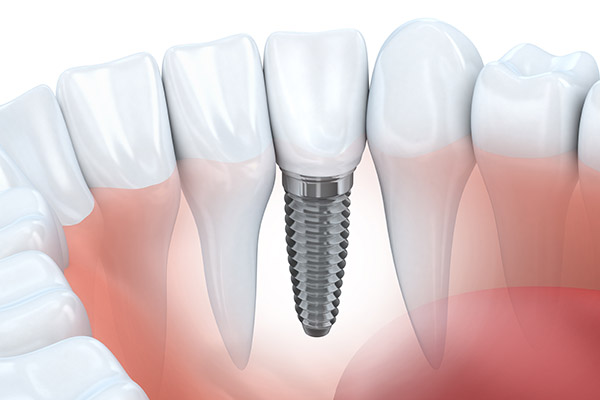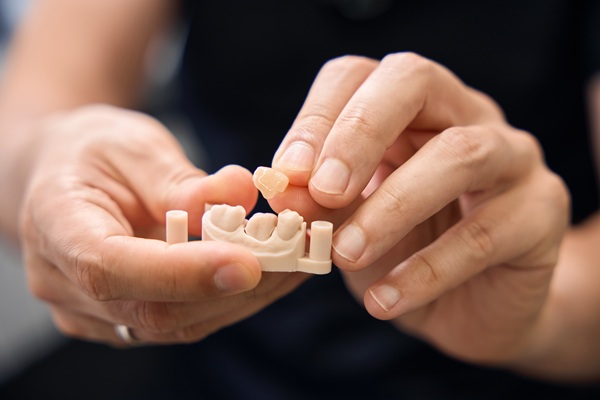What Age Should I Consider a Wisdom Tooth Extraction?

Many patients often wonder when it is appropriate to go for wisdom tooth extraction. The information provided in this article will help patients decide the right time to have their wisdom teeth removed.
When is it right to remove a wisdom tooth?
The timing of wisdom teeth extraction depends on three factors: the age of the patient, the position of the tooth and root formation. When it comes to the patient’s age, the younger the better. Younger patients handle the surgery well with minimal cases of complications. For root formation, the best time to remove the tooth is when only one-third of the root has formed. When there are over two-thirds of root formation, then the risk associated with wisdom teeth removal increases, especially damage to the inferior alveolar nerve.
One of the elements to consider with wisdom teeth is if they will erupt into a position that will allow easy removal. With root formation, the tooth comes to the surface. However, if there is not enough space on the jaw for the tooth to emerge, eruption will be impossible, regardless of root formation. Also, root formation can increase the risk of nerve injury and sinus complications. As the person ages, the roots become more solidified in the jawbone, making removal difficult.
In some cases, the patient may not have root formation but partly formed crowns. The wisdom teeth should be removed early if they are blocking the second molars. Thus, if the patient is to have an unrelated surgery that entails getting IV sedation, it is advisable to extract the partly formed crowns during the surgery to make access easy.
Here is what you should know
Wisdom teeth are highly variable in terms of eruption time and root formation compared to other teeth. There are cases where the dentist has removed wisdom teeth with preferred root formation (one-third or two-thirds of root formation) in patients as young as 11 years. Also, some patients are 25 and still have only two-thirds of the root formed. More often than not, the wisdom teeth are in the one-third or two-thirds root formation when the person is 16 years old.
Patients are advised to go for a panoramic x-ray scan at 15 years old and be prepared to have their wisdom teeth removed at 16. This is the most common age for wisdom teeth removal. Although patients should undergo the procedure before they reach 25, older patients can still undergo removal surgery. They will need to work with the oral surgeon to limit the risks of complications and prepare for a more extended period of recovery.
Final note
You may be tempted to postpone wisdom teeth extraction if no symptoms occur, and there is a chance that you may not have a problem, even if the teeth fail to erupt. Patients between ages 15 and 16 can have their teeth extracted, and dentists typically recommend that those in their mid-20s and above book an appointment with the oral surgeon to discuss their option.
Request an appointment here: https://atlantapamperedsmiles.com or call Pampered Smiles at (404) 891-9489 for an appointment in our Atlanta office.
Check out what others are saying about our services on Yelp: Read our Yelp reviews.
Recent Posts
Many circumstances might cause you to look into replacing a missing tooth, regardless of your age. Those who do not take care of their teeth and gums are at particularly high risk for tooth loss, as both gum disease and decay can damage gums, tooth roots, and teeth. Cavities can lead to significant damage, as…
Dental crowns are a common restorative solution that protects damaged teeth, improves appearance, and restores proper function. The placement process follows a common step-by-step restoration. Understanding this process can help alleviate any uncertainty you may have before an upcoming appointment and prepare you for what you can expect. Each stage of the dental crown placement…
Implant overdentures may be the best investment when it comes to options for replacing missing teeth. Although you have many options for replacing missing teeth, implant overdentures may be the right option for you. Implant overdentures are known as “snap-on dentures” because the denture connects to the implant via a snap assembly in which a…
Clear braces have become a popular choice for individuals seeking to straighten their teeth while maintaining a discreet appearance. Both adults and teens now have access to innovative orthodontic treatments that focus on comfort, aesthetics, and effectiveness. If you are considering clear braces for yourself or your child, it is essential to understand how these…


